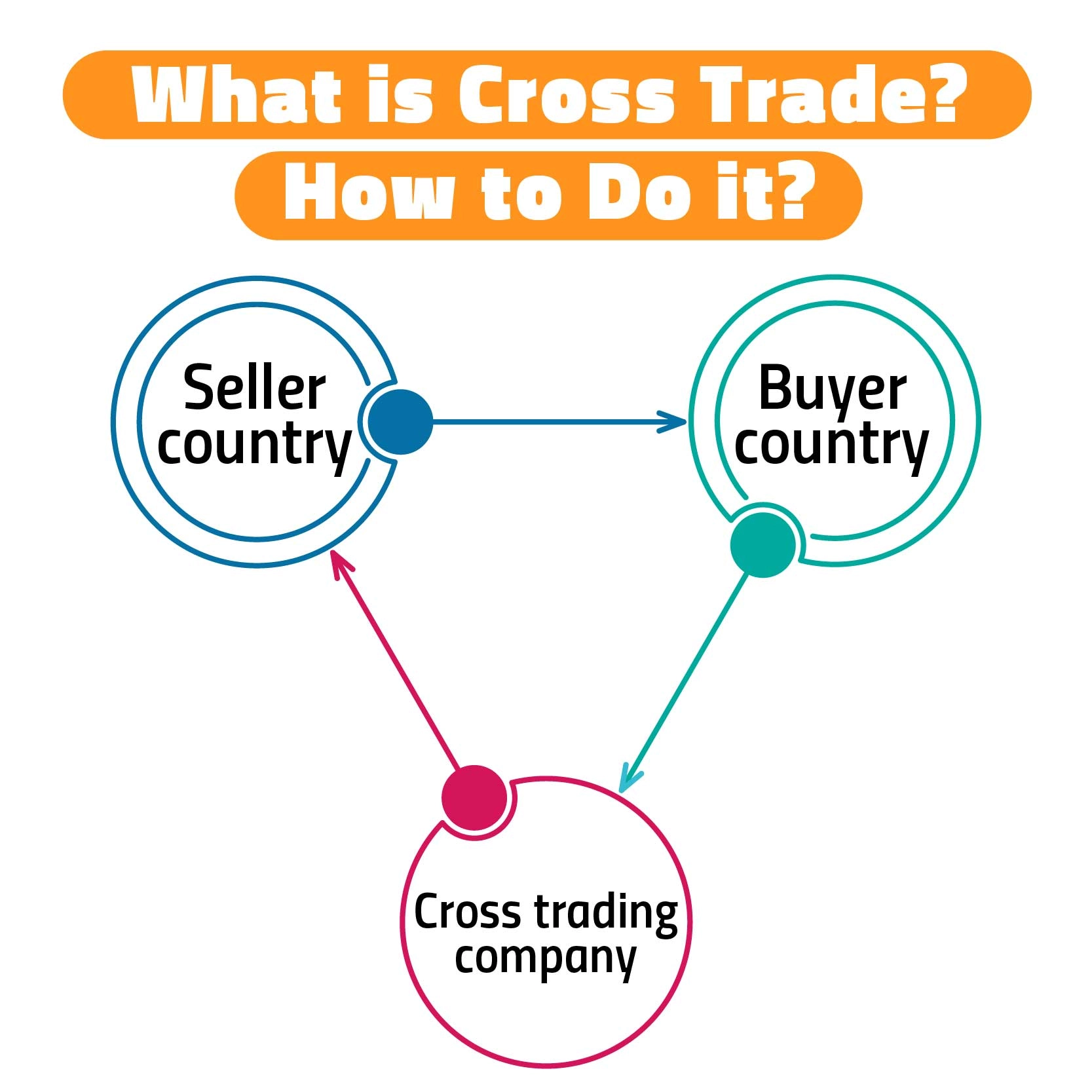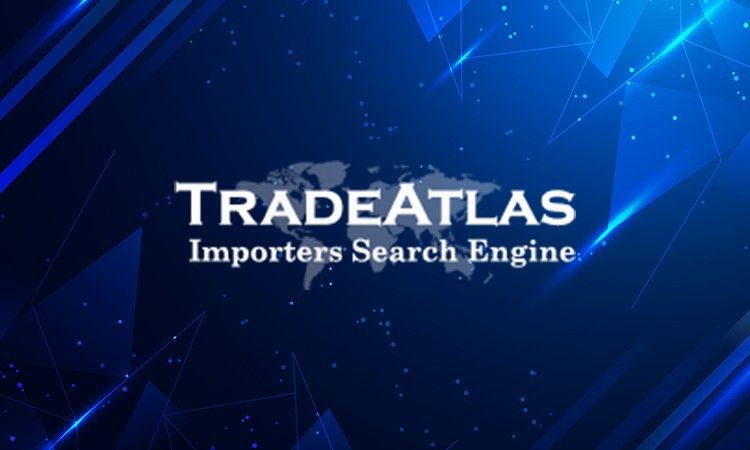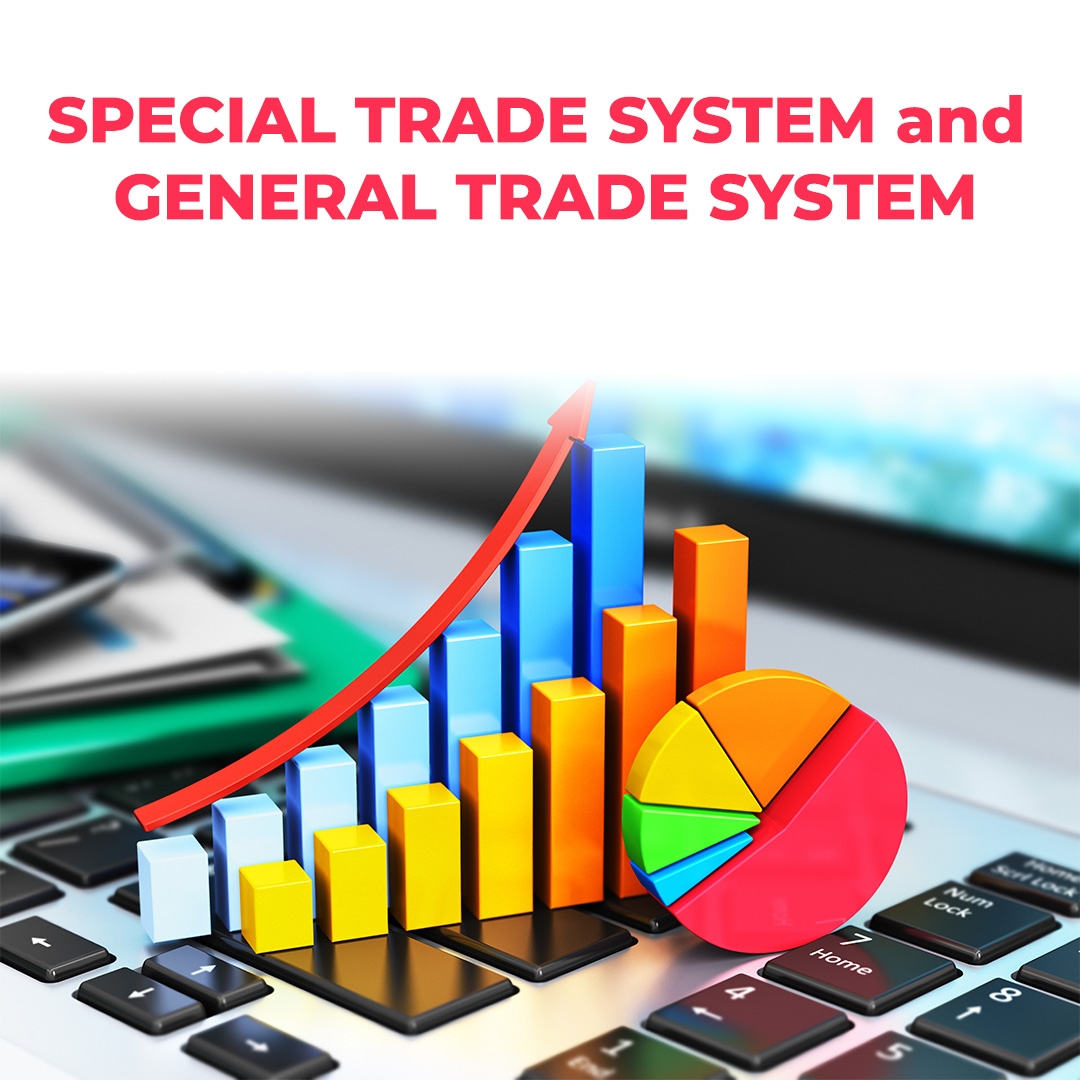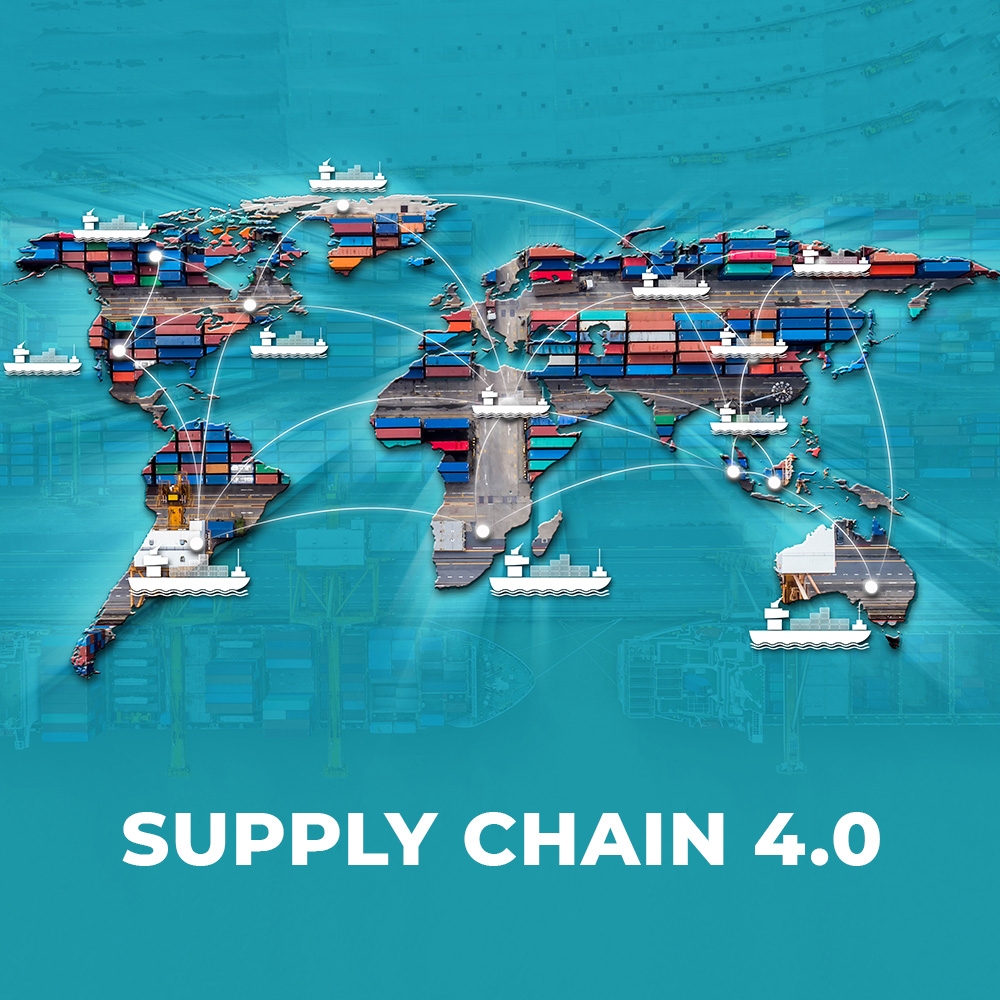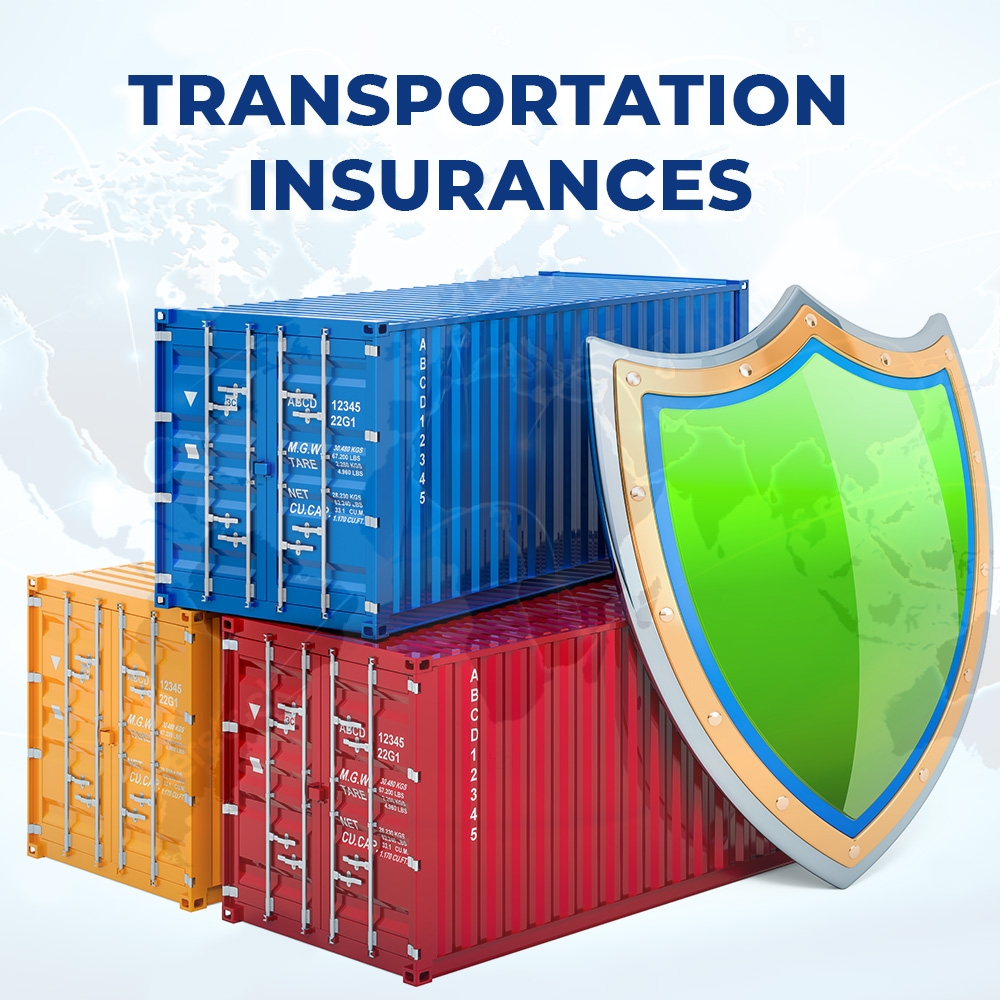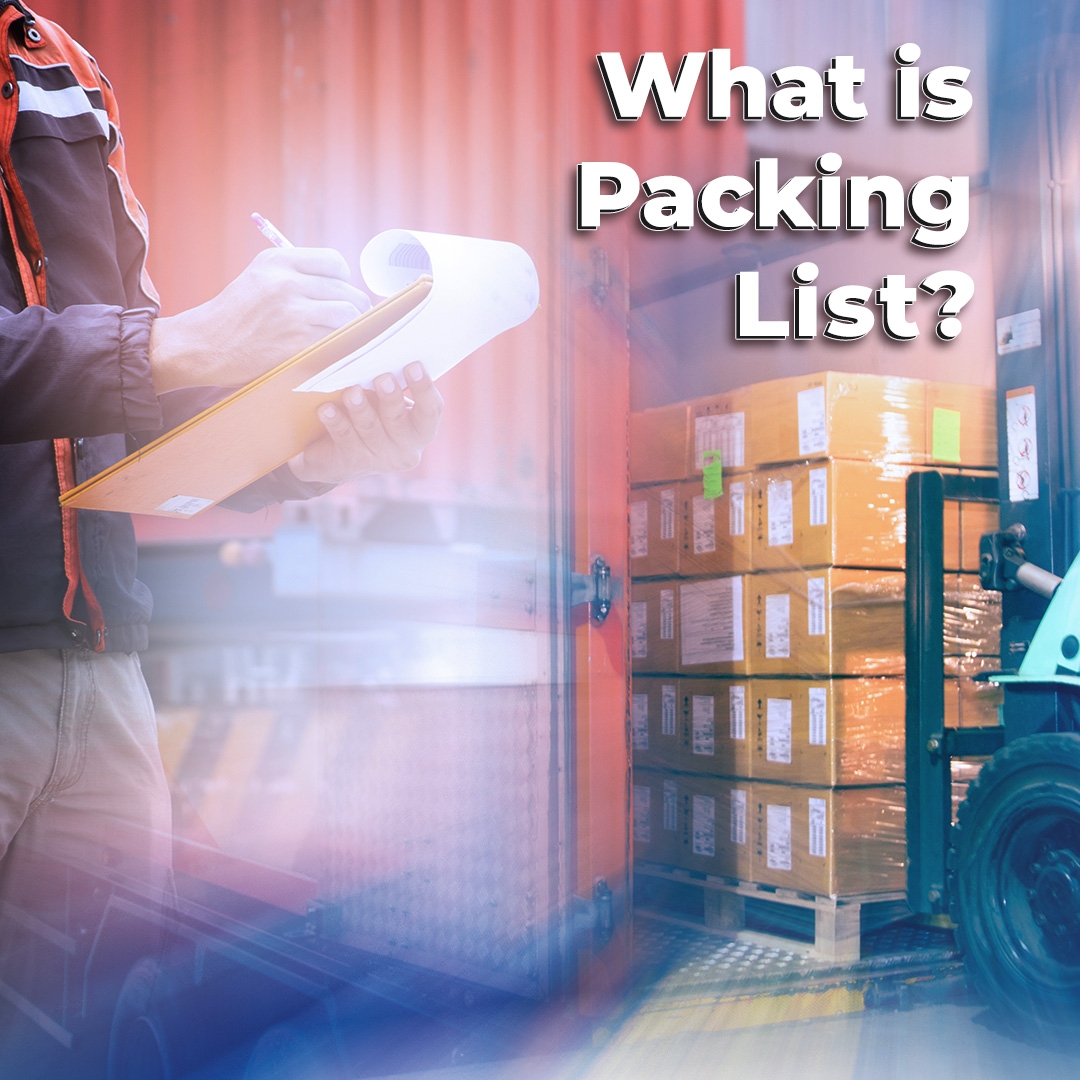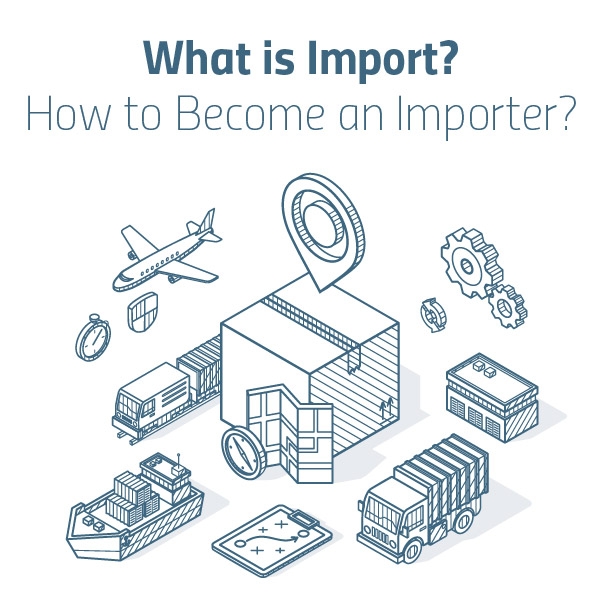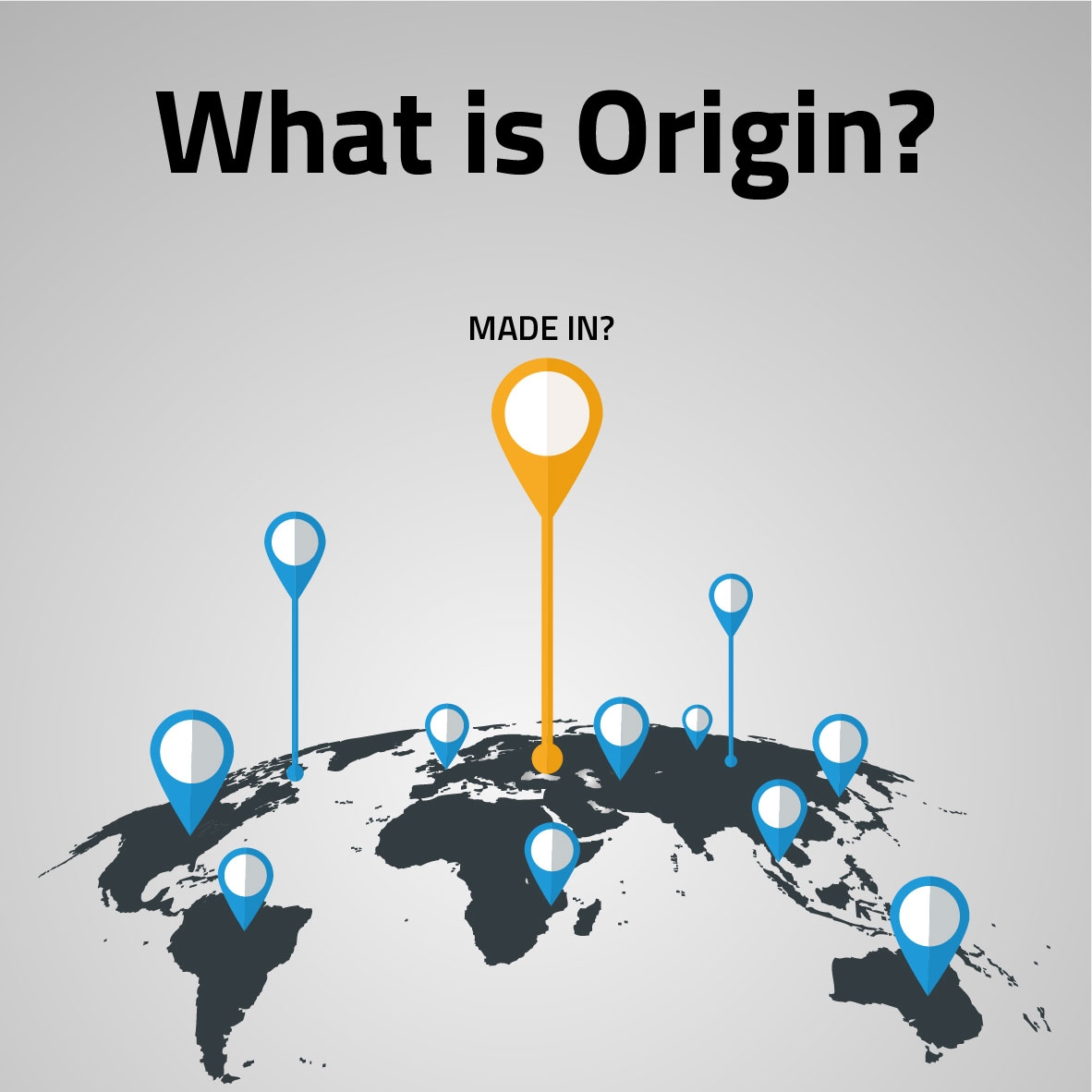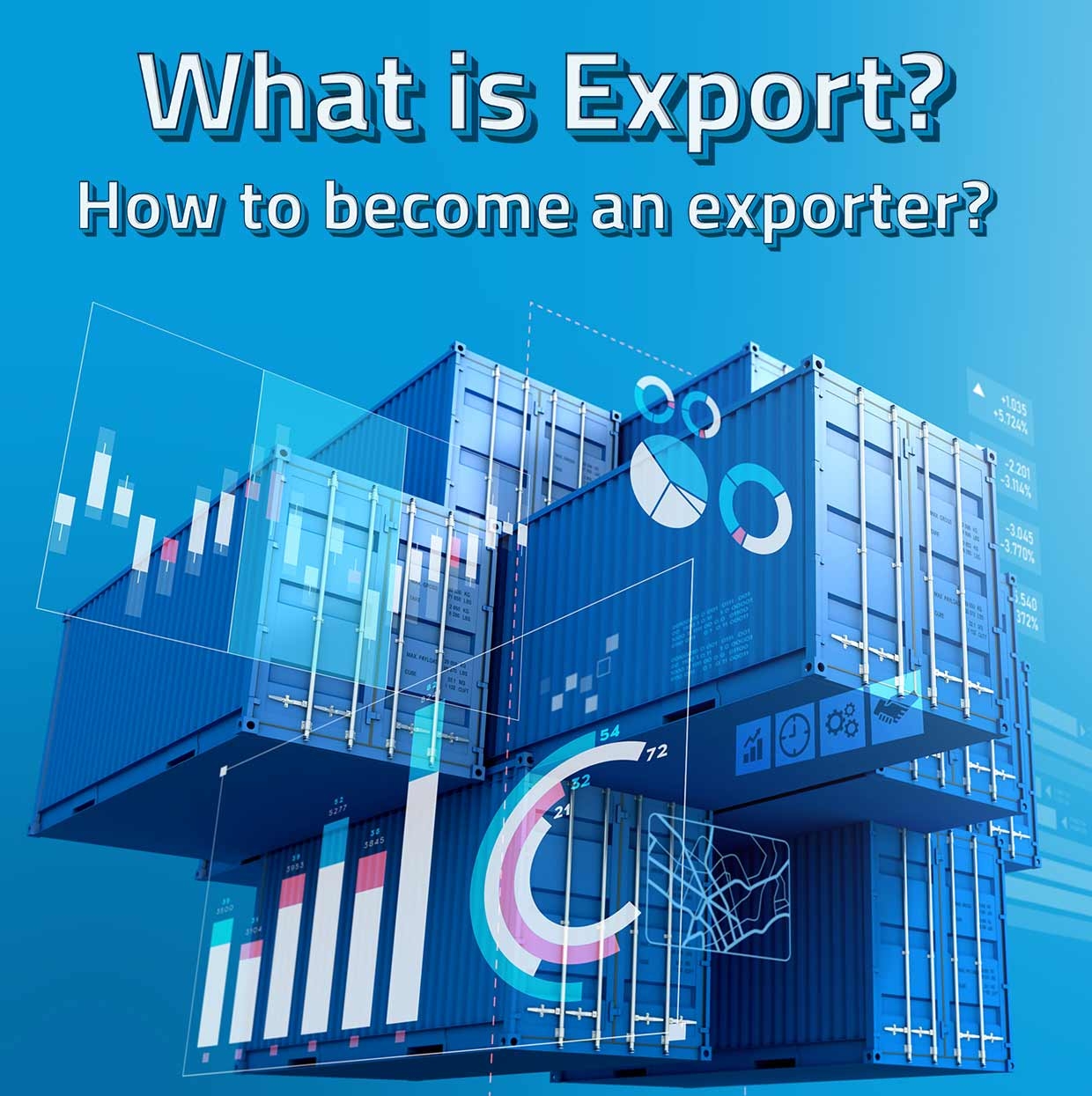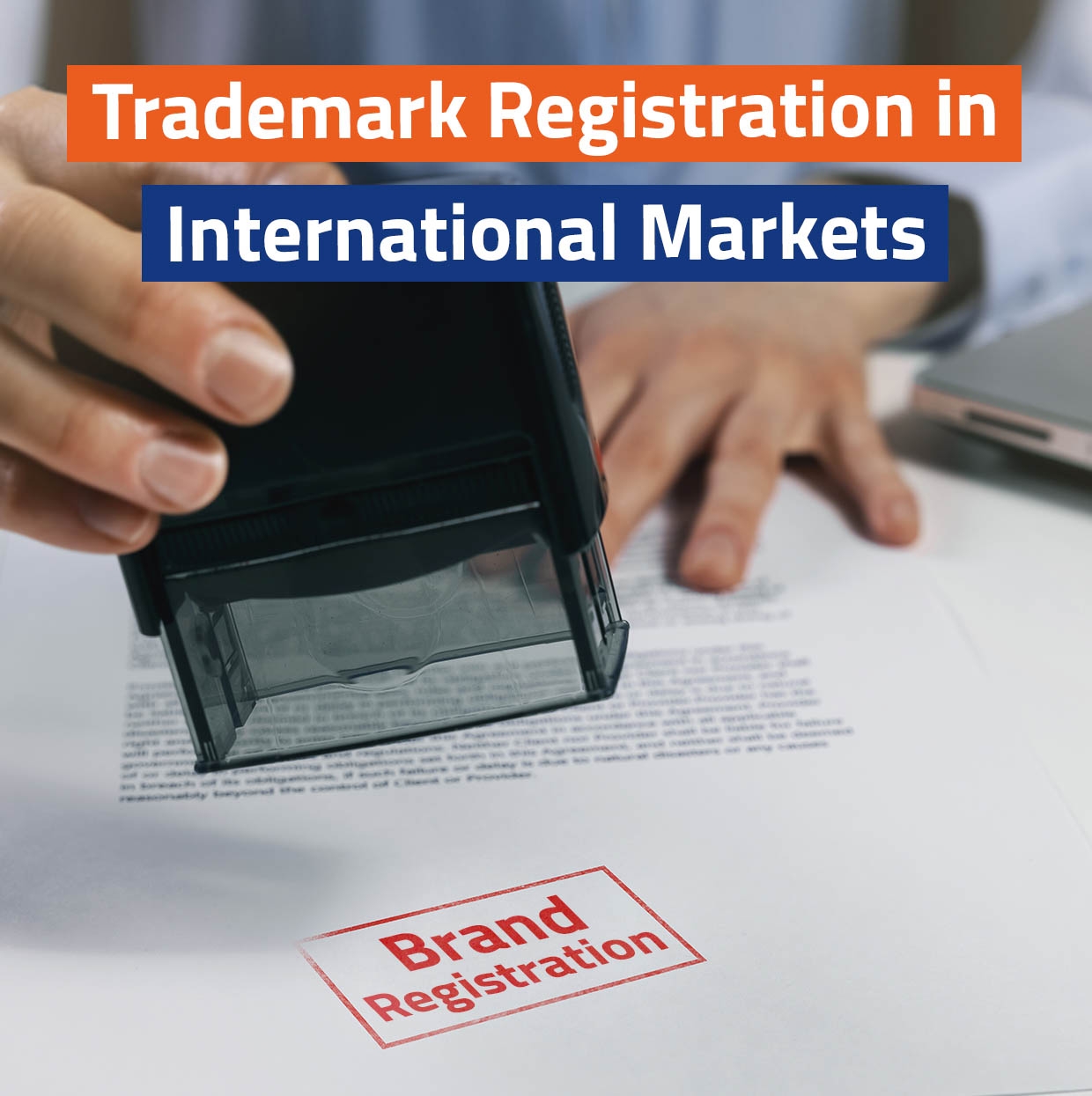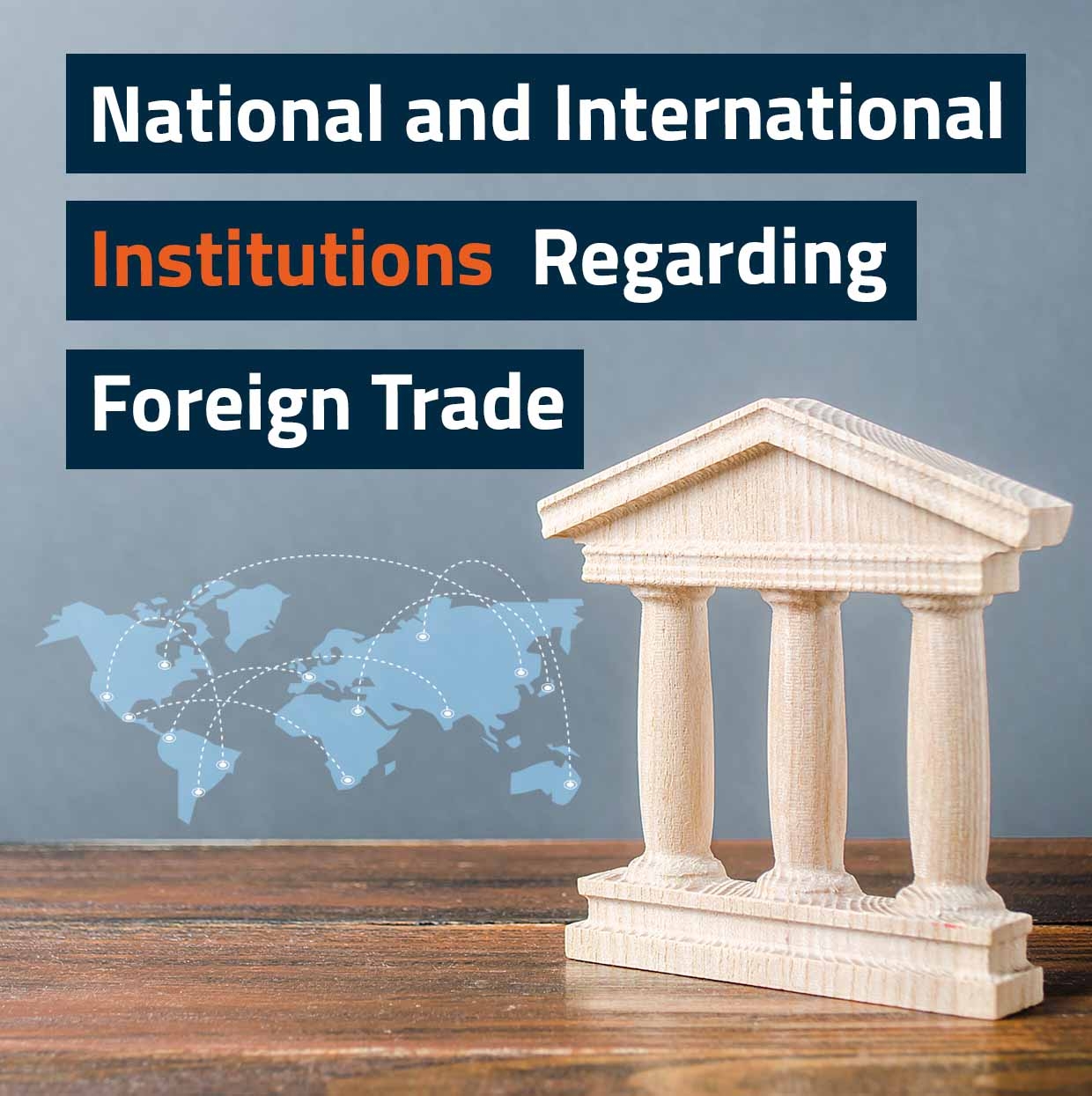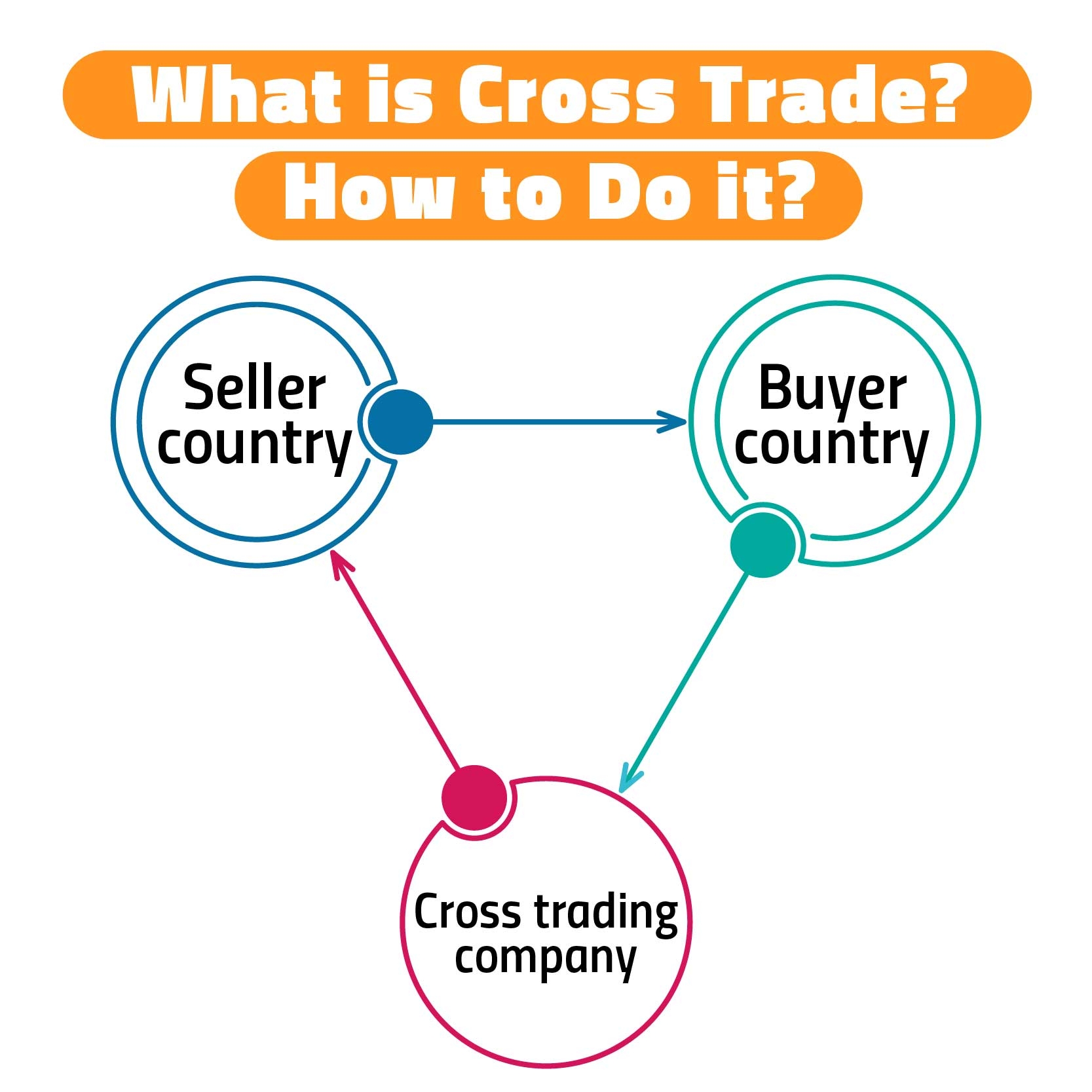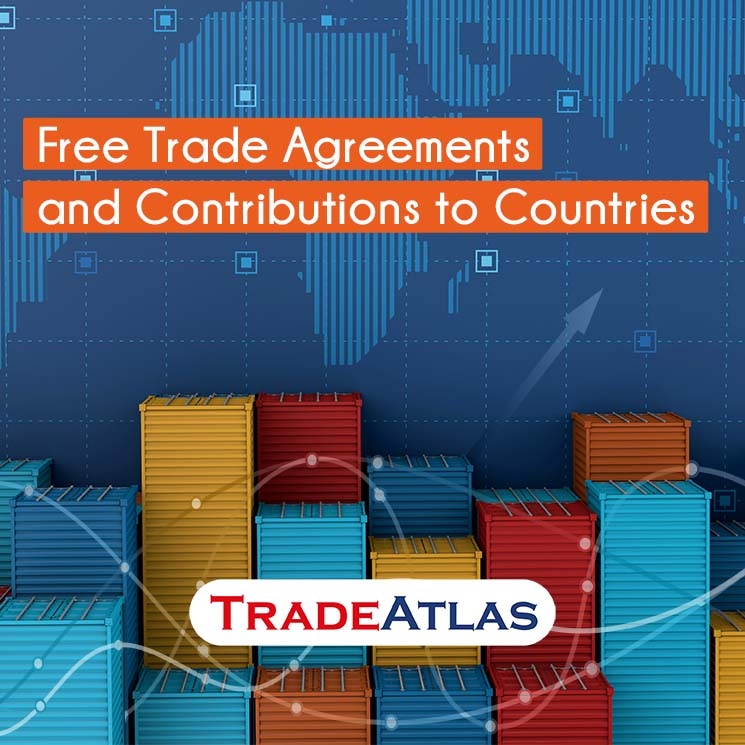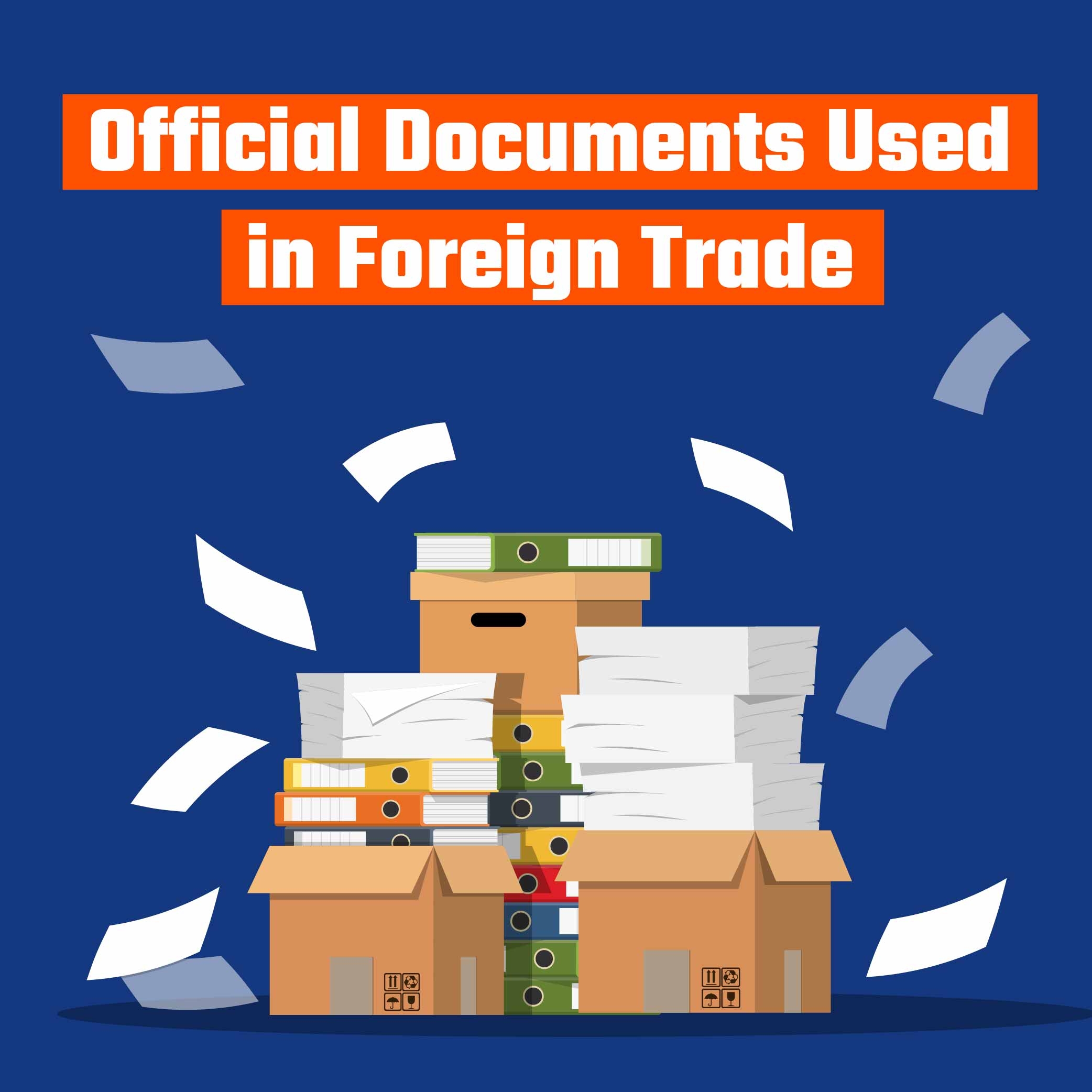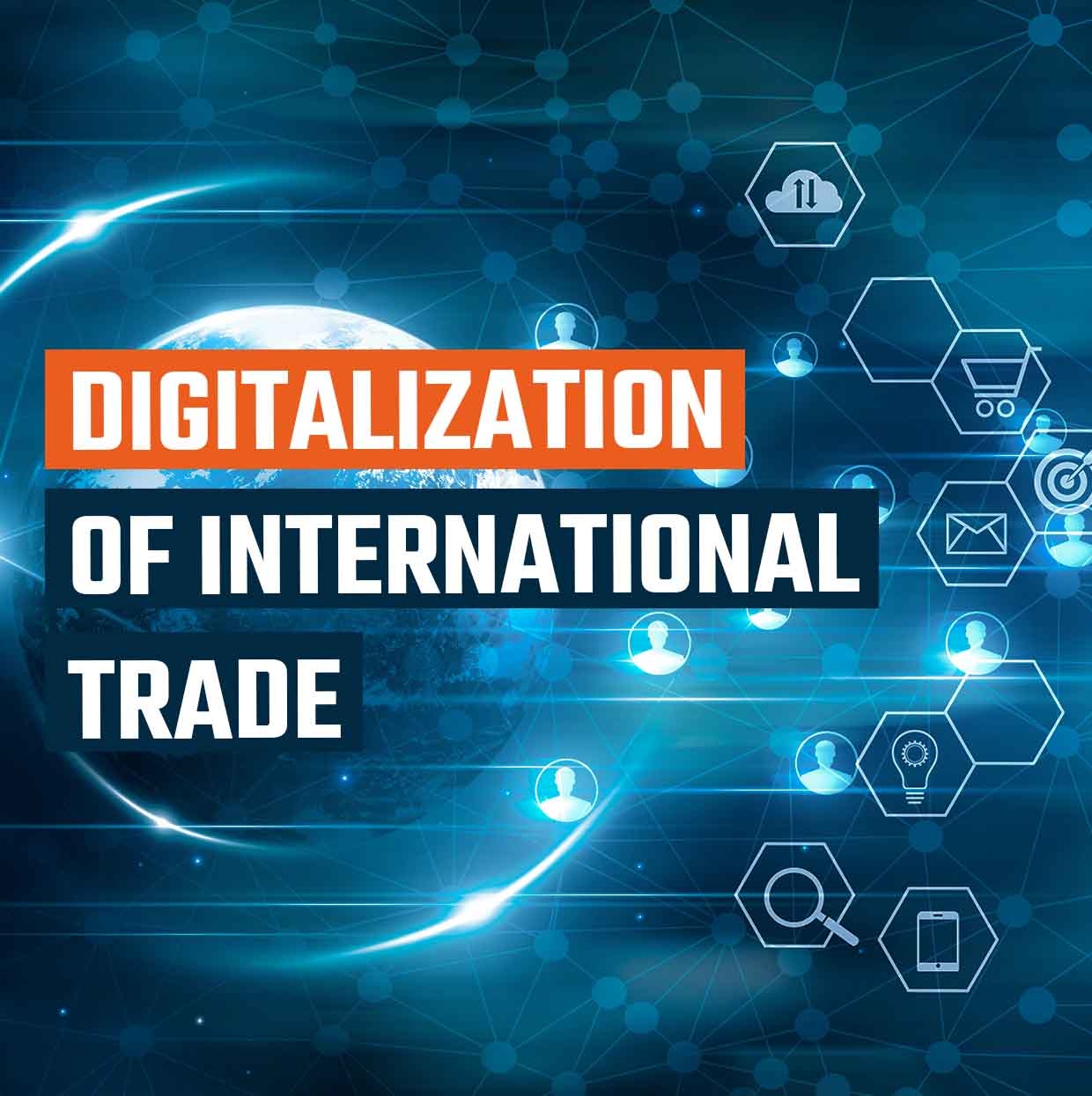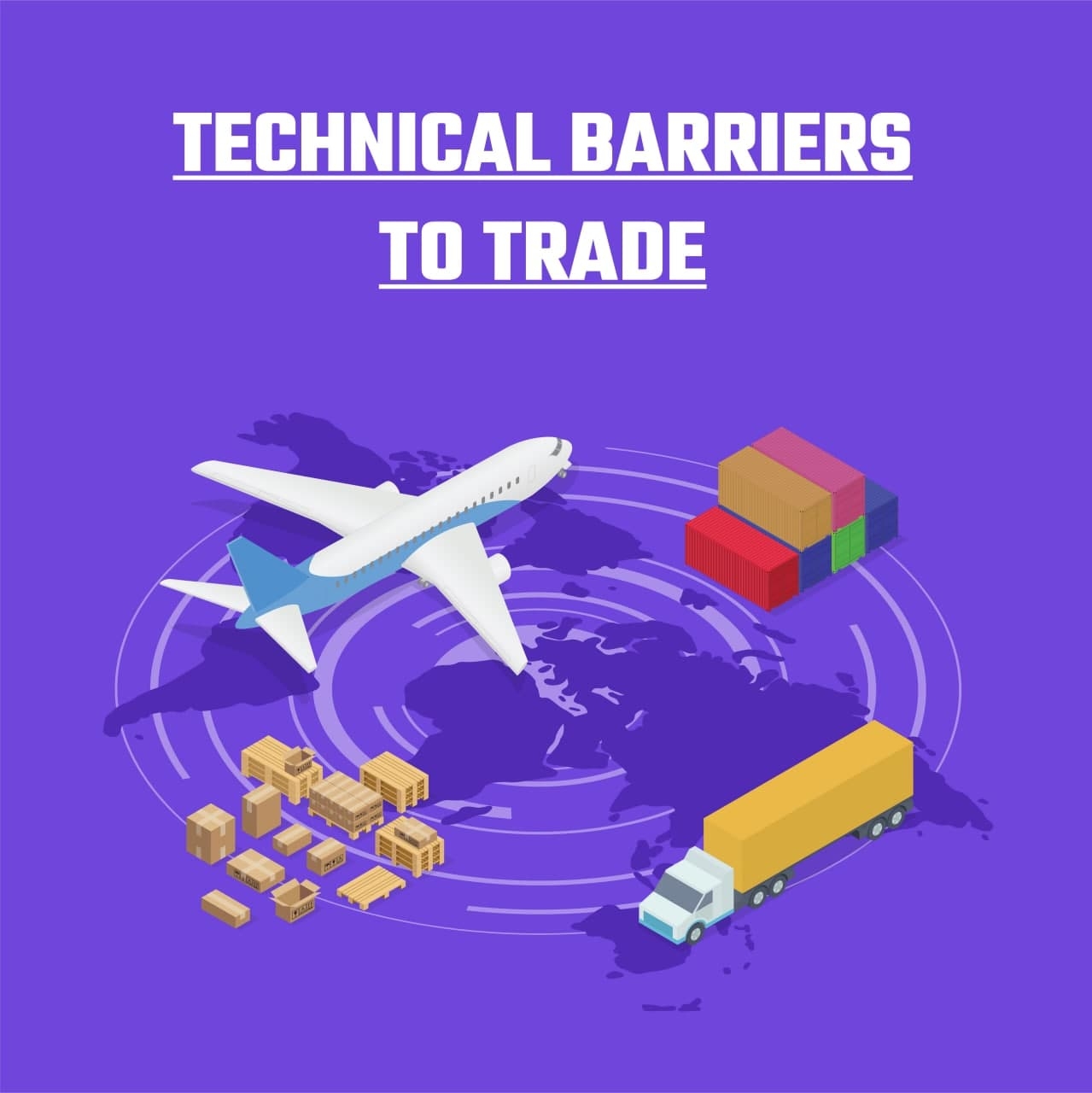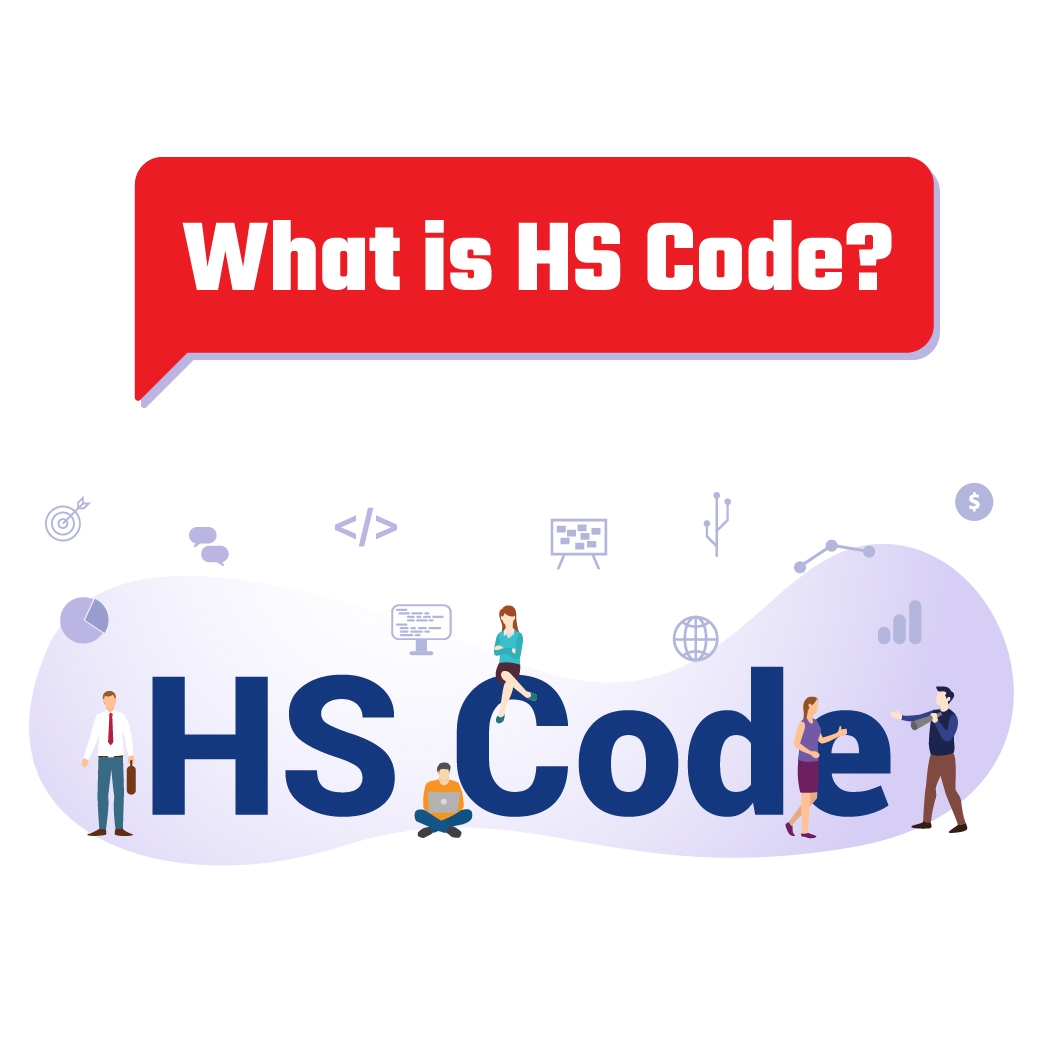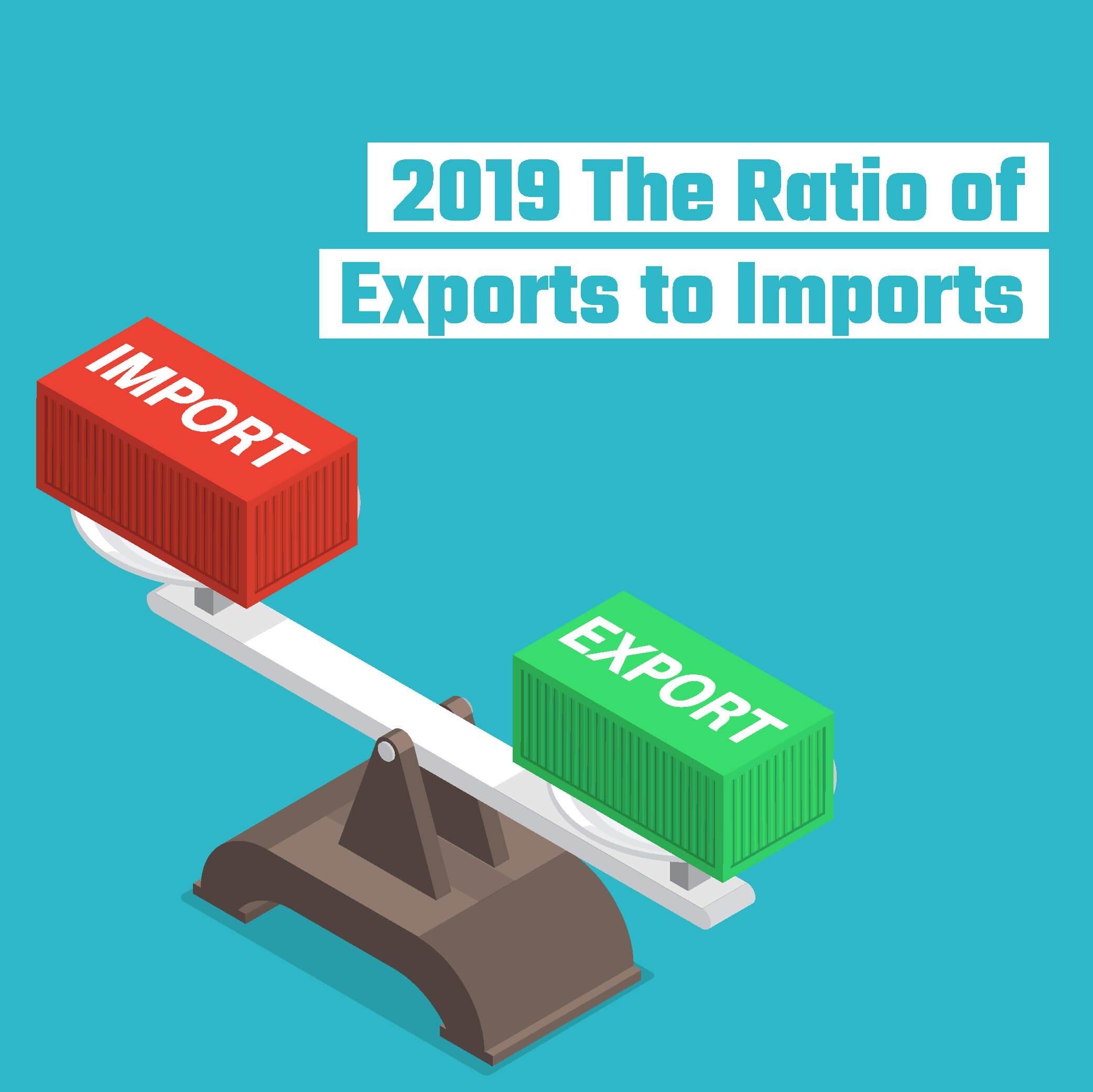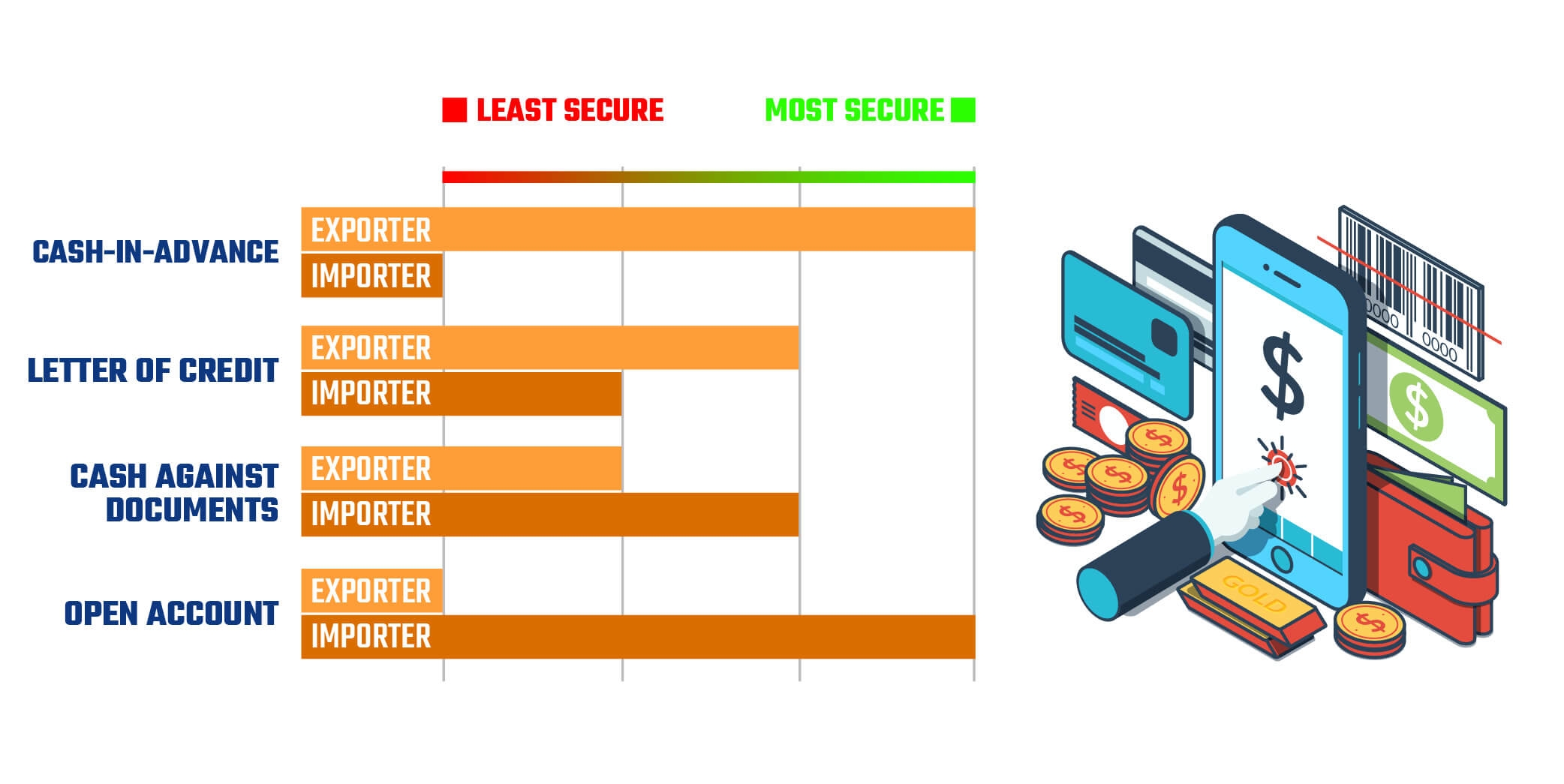Cross
trade refers to the sale of goods purchased
from a company or bonded warehouse located abroad or in a free zone, in transit
through the country of cross trade, or directly to a company or bonded warehouse
located abroad or in the free zone.
Cross
trade can be briefly defined as the sale of goods from one country to another country
without being nationalized or entering the customs territory of the country.
Cross
trade is a form of trade, not a payment method. In this form of trade,
which technically does not comply with the definition of a real import and
export, the most important point that differs from other logistics transactions
is that the customs declaration is not issued.
In
cross trade, the place where the sold goods are shipped does not matter until
they reach the buyer, it is sufficient to arrange the shipping documents
according to the legislation of the countries where the goods enter and leave.
Goods
whose trade and sale are prohibited according to international agreements
cannot be cross traded, and even if not internationally, cross trade of
products whose sale is prohibited according to the laws of certain countries is
prohibited to those countries.
In
cross trade, the bill of lading issued to the supplier at the port of loading
will have the cross trading company mentioned as the consignee and not the
actual buyer. Then the seller sends the complete set of documents including
bill of lading, commercial invoice, packing list, Certificate of Origin, and
any other related documents to cross trading company via bank or as per
pre-agreed arrangement. Cross trading company, on receipt of this Bill of
Lading, surrenders it with the carrier who then issues a new Bill of Lading in
which they will be the shipper and the buyer will be the consignee. This
process is called switching the B/L. Cross trading company will have to arrange
for the commercial invoice and packing list for the buyer. Certificate of Origin
and other documents required at the destination are arranged in consultation
with the Freight Forwarder.
Trade
Atlas is a global importer and exporter search engine that contains 1.5 billion
bills of lading and shipment details data of 17.5 million importer companies in
more than 230 countries around the world. Trade
Atlas is with you to accompany you in taking steps towards becoming a more
important part of global trade! To
become part of the global ecosystem, you can register and search for free by
clicking here.

